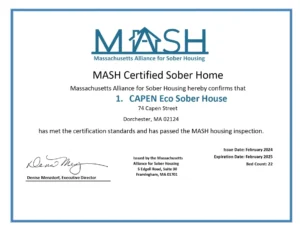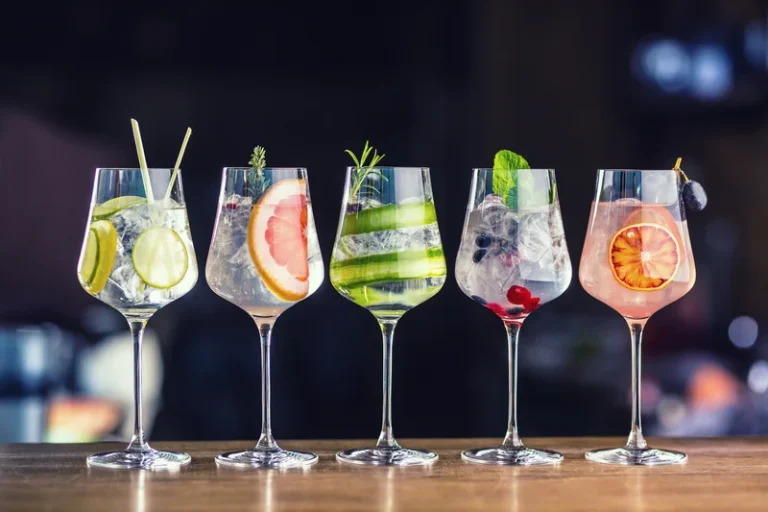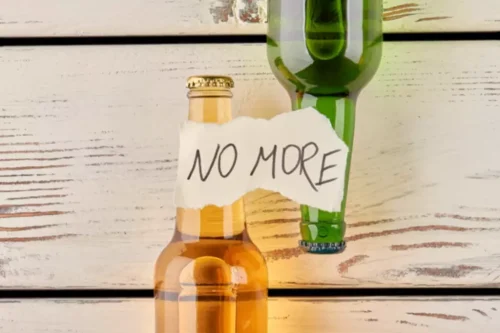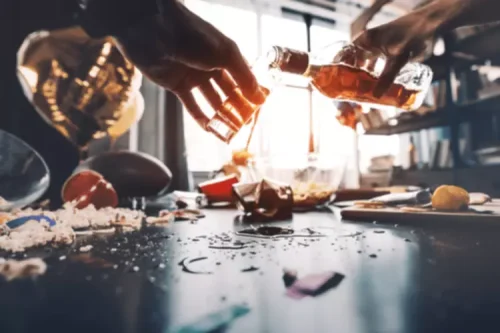
Admitting powerlessness is not the same as admitting weakness. It means asking for help, leaning on others and relying on your support system. It means admitting—and accepting—that you’re living with a disease that alters your brain. It might seem backward, but when you admit that you don’t have power, you finally access the power you need. The main criterion for a successful First Step is a person’s acceptance that they do, indeed, have the disease of addiction.

Embracing a Higher Power or Spiritual Connection

While admitting powerlessness over a substance may seem at odds with efforts to hold addicts responsible for their behaviors, the opposite is true. By accepting that you’re powerless over alcohol, drugs or addictive behavior, you’ve come to terms with your personal limitations. Another example of powerlessness in sobriety is the need to let go of old habits and patterns that contributed to addiction. These habits may include associating with certain people, visiting specific places, or engaging in particular activities that trigger cravings and unhealthy behaviors. Recognizing that these old habits and patterns have power over one’s ability to maintain sobriety is crucial.

Work With a Counselor and/or Get an AA Sponsor
It’s not about admitting defeat, but rather acknowledging the reality of the situation so that you can start to take action. Social and environmental influences also play a crucial role in the development and maintenance of addiction. Growing up in a household where substance abuse is normalized, living in a community with easy access to drugs, or experiencing peer pressure can all contribute to the likelihood of developing an addiction. It’s like https://ecosoberhouse.com/ trying to stay dry in a rainstorm without an umbrella – possible, but incredibly challenging. So you understand the benefits of Step One and of admitting powerlessness, but the next question then is why is such emphasis placed on being reliant on others to get yourself out of addiction? The philosophy behind this thinking is that your judgment was flawed enough to get yourself into this situation, it’s too flawed to get yourself out of it.

How to Simplify and Interpret Step One, Then Put It into Action
Embracing powerlessness allows individuals to cultivate resilience, humility, trust, and surrender. Through mindfulness practices, seeking support from others, and embracing a higher power or spiritual connection, individuals can find the strength to overcome addiction and lead fulfilling lives in sobriety. Understanding powerlessness in sobriety and embracing it as a strength paves the way for a transformative journey towards recovery. It allows individuals to let go of old patterns, accept their limitations, and begin the process of healing. Through this acceptance, individuals can find the support and resources they need to build a foundation for lasting sobriety.
- But the terminal stages of addiction will strip everything away, and an addicted person who refuses to recover will often be left with nothing.
- The concept of powerlessness can seem quite foreign, especially to those from countries like America whose culture idolizes independence and raising one’s self by their bootstraps.
- We walk this journey one step at a time, with our Higher Power’s help and with the support of others in the program.
- Work through each one and you’ll be well-positioned to recover from your addiction to alcohol.
Mindfulness and meditation are powerful practices that can assist individuals in developing awareness and acceptance of their powerlessness. By focusing on the present moment and observing thoughts and emotions without judgment, individuals can gain a deeper understanding of their inner experiences. This practice helps to cultivate self-compassion and reduces the desire to control outcomes that are beyond one’s control. A crucial part of completing AA Step one revolves around admitting powerlessness.

Embracing powerlessness is a transformative process that enables individuals to find freedom and inner peace while building a solid foundation for lasting sobriety. Step One AA is fundamentally about honesty, while active addiction is characterized by denial. The ways one tells themselves powerless over alcohol and everyone around them “see I’m okay” when they most likely are not. Fully accepting step one is not always a straight path, but there is good news! The old belief that a person must fully accept themselves as powerless for the program to work has been challenged and tested.
- Seeking support from others is an essential aspect of embracing powerlessness in sobriety.
- By accepting vulnerability, individuals can connect with others who share similar experiences and find strength in community.
- To learn more about our vision and treatments, please contact us today.



